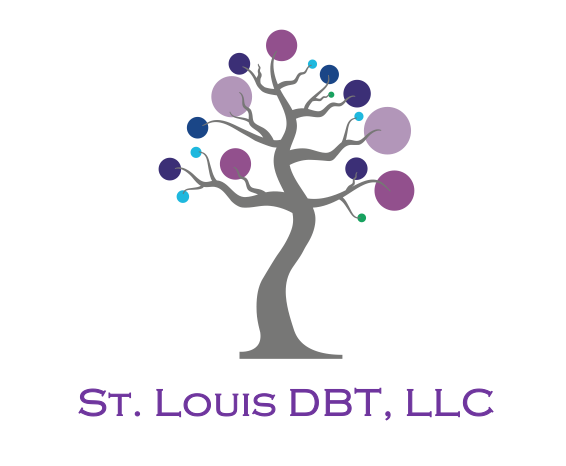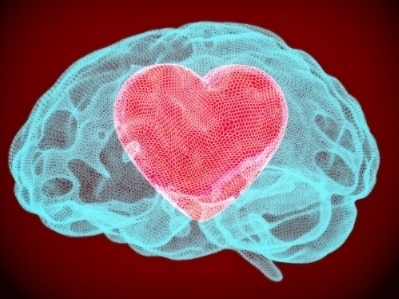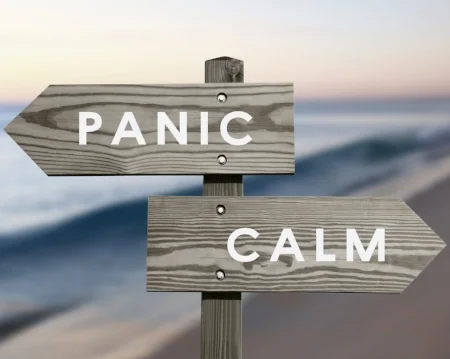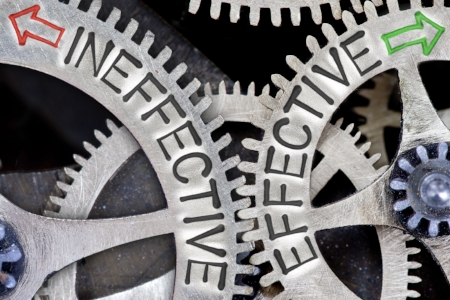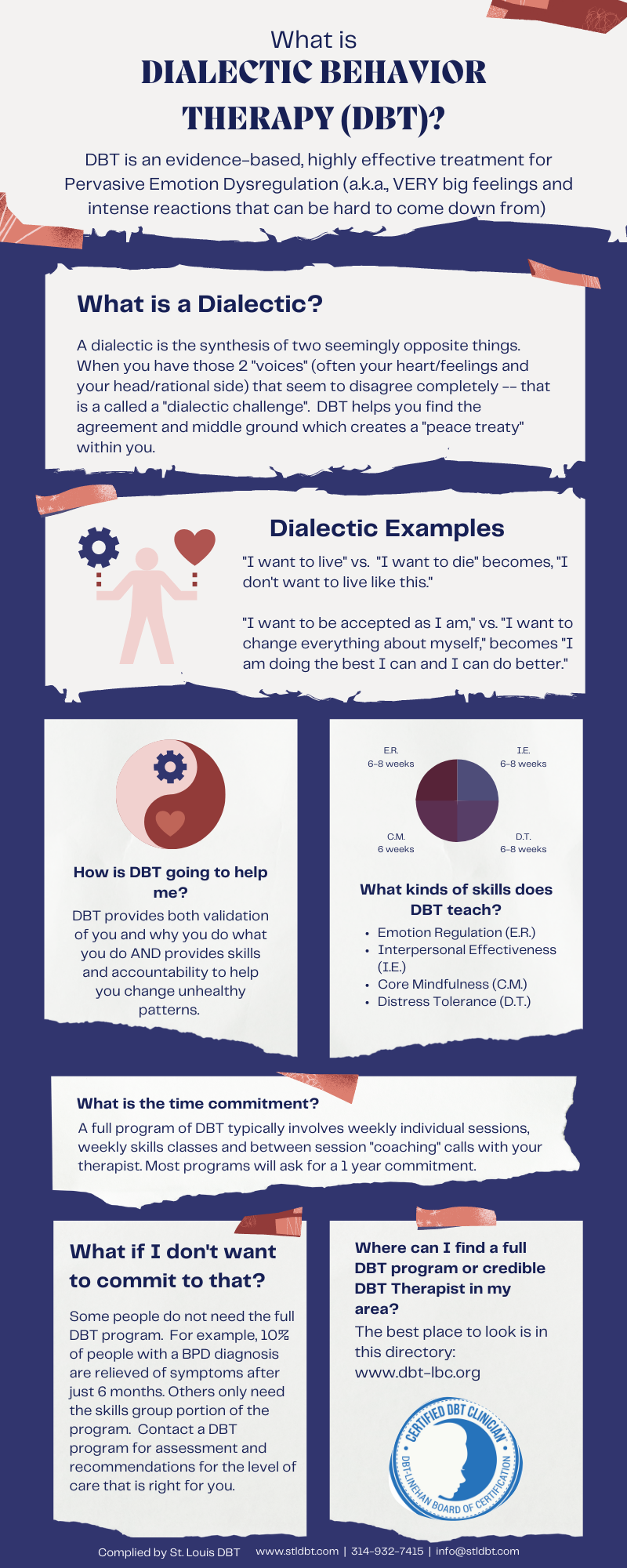So what is DBT? There is a TON of information about it below.
But what if you don’t want to read about it? We don’t blame you. We went to school for this stuff so you wouldn’t have to. Attend our DBT Info Hour Session the first Friday of every month. It’s free and a DBT expert can answer all your questions!
Your Questions Answered by a LIVE Person!
Have you heard about or been referred to DBT but not sure why or what it is?
How is it different from other therapies?
Is it the right therapy for you?
Join our next DBT Info Hour to learn all about DBT and participate in Q&A to get all of your questions answered.
Ready to read about DBT? Proceed . . .
Dialectical Behavior Therapy a treatment program comprised of individual therapy, skills classes and 24/7 availability of skills coaching. It is largely based on the premise that to live a balanced life worth living, one can learn to approach the world and the self with a "Both-And" attitude rather than an "Either-Or" attitude.
Either-Or Attitude
With an Either-Or attitude, one might think and act in seemingly black-and-white, all-or-nothing terms. This is called a dialectic challenge and it can cause A LOT of conflict.
"I love my partner." <—> "I hate my partner."
"I want to die."<—> "I want to live."
"No one is perfect."<—> "Why can't I be perfect?"
"I value my relationship but continue to cheat."
"I hate myself." <—> "Why doesn't anyone love me?"
"I know what to do, but I don't feel like it."
"My heart and my head aren't on the same page."
Both-and Attitude
With a Both-And attitude, one acknowledges the truth in both sides of the dialectic challenge in order to validate and incorporate. It's about finding the value and truth in both sides, thus easing the conflict.
"There are things about my relationship that I value AND things I'd like to change."
"I want to live, just not like this"
"It is human to have urges to act out of sync with my values AND it is my choice to do what may be difficult in the short-term in service of what is effective in the long-term."
"Both my feelings AND my thoughts are valid."
"Living a Life Worth Living" means finding balance between Self-Acceptance and Change
If I find myself alone in the middle of the Sahara Desert when where I really want to be is surrounded by friends in Vancouver, I must first accept that where I am is NOT where I want to be. I must do what works to get through the desert, even if it sucks. Therefore, to change where I am, I must first accept where I am.
In order to get from where you are in life to where you want to be, we first work with you on accepting where you are. Then we help you map out a plan for your life -- what needs to happen in your life to make it worth living. We identify what is missing in terms of skills and resources necessary to meet those goals, and work with you on learning and practicing those skills.
The problem most people face in this process is in accepting the feelings that come with their circumstances. Too often they treat their feelings as the problem and find themselves running and hiding from them. Meanwhile, the problem that caused the feelings in the first place goes unsolved, growing bigger and bigger. We help people develop skills to face and cope with difficult feelings so they can solve problems.
What are these "skills" you keep talking about?
When Marsha Linehan, Ph.D., the creator of DBT, was researching people who had major difficulties regulating emotions, including those who self-injured or attempted suicide as a means of regulating, she found they did not necessarily have more problems than other people. They did have a very sensitive emotional system however, combined with history of invalidation and a resulting lack of skill for coping. So, basically, they were people that had big, intense emotions, a low threshold for emotional stimulation (it did not take much to set off an emotion), and a slow return to baseline (it took longer for them to calm down again).
Once she identified those problem areas, she was able to identify the skills people who could better regulate used for coping with stress and conflict. She grouped those skills into 4 distinct modules and created a curriculum for teaching them.
Core Mindfulness
Core Mindfulness helps us learn to be in the present moment instead of constantly suffering the events of the past or worrying about the future. By being more present to your life, your relationships, self-esteem, identity, and purpose become more clear. Core mindfulness and this quality of being present in a non-judgmental way, is at the root of all the other skill sets.
Distress Tolerance
In Distress Tolerance, we learn how to tolerate strong emotional states without the use of behaviors that make things worse in the long run. We work on ways to identify when we are out of our window of tolerance (over or under reacting) and how to get back in control of our emotional state so we can solve problems. Skills in this modules include self-soothing, modifying physical sensations in order to change emotional intensity, and Radical Acceptance.
Emotion Regulation
To regulate something, one must first understand how to use it. In Emotion Regulation, we work toward creating a better understanding of emotional states, to accept all emotions as normal, and to discover the use and benefit of all emotional states. Like a surfer rides the waves in the ocean, we learn how to skillfully ride waves of emotion through awareness, reverence, and acceptance. Skills in this nodule focus on reducing vulnerability to high intensity emotions, creating positive emotions, and reacting in ways that reduce unwanted emotions.
Interpersonal Effectiveness
Having intense emotions (or even the exact opposite -- emotional disconnection), impulsivity (or a tendency to over overcontrol), and difficulty letting things go can all do a number on your relationships, right? In this module, we learn to get our needs met in a way that is both effective and respectful of self and others. In addition to assertiveness skills, we review skills for making healthy friendships, burning the bridges with unhealthy relationships, and "how to get what you want without pissing people off".
Does that mean if I need or want DBT, I will have to attend a group?
Not too many people like the idea of going to a therapy group. You have enough problems of your own without having to hear about a bunch of strangers' issues; not to mention the fact that your anxiety about seeking help is high enough as it is without exposing your issues to the world. We get that not everyone is on board right away with the whole group thing. So, here's the deal -- our skills groups are more like classes than therapy groups. You learn a skill. You practice the skill. You do "homework" by trying the skills between classes. You report on your skill experiment without giving away too much personal info.
I can learn all this on my own or with my therapist, so, again I ask, do I have to attend group?
Skills groups provide accountability, not just to yourself, but to a group of others who are also learning to incorporate healthier behaviors into their routine. In these classes, participants learn as much from each other as they do from the group leaders. We all have something to contribute. Additionally, learning in a group setting allows for practice opportunities. Wouldn't you rather practice saying "no" to a safe person who also knows or is learning these skills before you have to say it to a friend, partner, or boss? And are you really going to sit through a mindfulness mediation on your own?
You still didn't answer my question -- do I have to go to group?
No. In DBT you don't have to do anything except stay alive (we don't treat dead people). However, if your therapist feels they can not teach you the skills in individual therapy and your behaviors are too severe to be treated through individual therapy alone, they will require skills group to stay in our program. They will make every effort to get you prepared for group before you start, but you may have to go despite your anxiety telling you not to. Skills group has never killed anyone. Not learning and using these skills has.
If I am learning all these skills in group, what do I do in individual?
In individual therapy, you will apply skills to current situations, track your progress and enhance your motivation.
Things You Can Expect to do in individual Dialectical Behavior Therapy
Review Diary Cards. Each week, you will complete a diary card, monitoring your emotions, urges and actions and identifying the DBT skills you used to address them. Your diary “card” may be a paper card or an app on your phone, or laptop.
Behavior Chain Analysis. Focusing on current problems, you will learn to effectively and non-judgmentally analyze your problem behaviors and come up with practical solutions.
Skills Application. Each week, you will talk about and practice skills learned in DBT Skills Group. You will be given homework to practice skills in different areas of your life. The goal is to practice until skills become almost automatic.
Establish Behavioral Targets. As you move through the four stages of DBT treatment, you and your therapist will establish behavioral targets. You will monitor urges and responses that lead you closer to or further from achieving your behavioral targets weekly. In Stage 1 (where many clients begin), targets are prioritized from self-harming behaviors to therapy-interfering behaviors to quality of life interfering behaviors.
Monitor Progress. It is important to monitor (and celebrate) how far you have come from time to time. Knowing how far you have come reinforces confidence in DBT’s effectiveness and enhances motivation to stay the course. At STLDBT we use 2 assessment tools regularly through treatment to objectively measure how you/we are doing.
24/7 Coaching Calls? So I can talk to my therapist any time I want?
Not exactly. You don't want to burn out your therapist, right? But, when you need help, are feeling high-level urges to use a problem behavior (i.e. self-injury, use drugs, binge, have unsafe sex, kill yourself), you need to get help right then. In DBT, clients may call their therapist between sessions in certain situations. These are 5-10 minute calls to help you use your coping skills when you are overwhelmed by thoughts, emotions or destructive urges before the problem behavior occurs. You call your individual therapist as needed or your therapist may ask you to check in at certain times when you are at particular risk. Coaching calls are not intended to be phone therapy. DBT therapists make every effort to pick up your call or return a call as soon as possible, but be realistic -- they do have other clients and they do sleep -- so, they may not get back to you as quickly as you'd like.
What if I don't need or want DBT? What if I need more?
Our staff are all trained in additional evidence based therapies, including EMDR, CBT, CPT, PE, Trauma-Informed Yoga, ACT, and MCBT. They will combine methodologies as needed for each individual client. We also have great working relationships with other programs and professionals nationally and within the St. Louis metropolitan area if additional referrals are necessary.
To download a the free infographic below for a loved one, client, or patient you would like to refer for DBT, just click the image.
